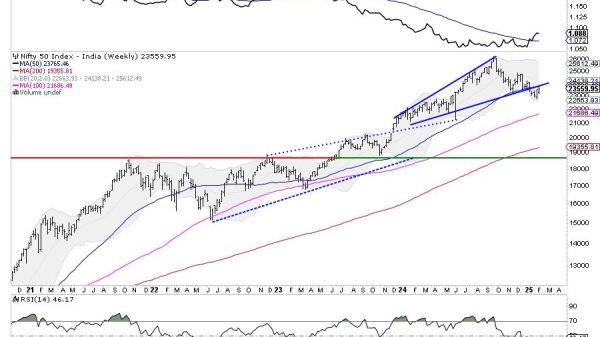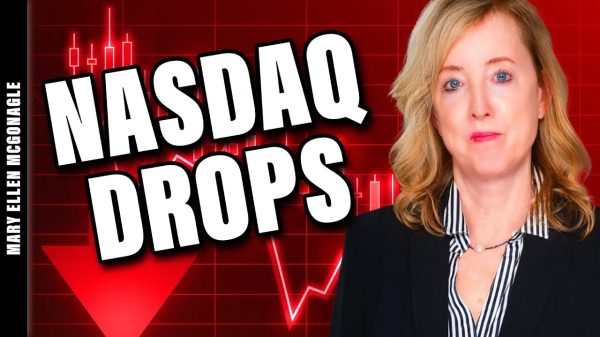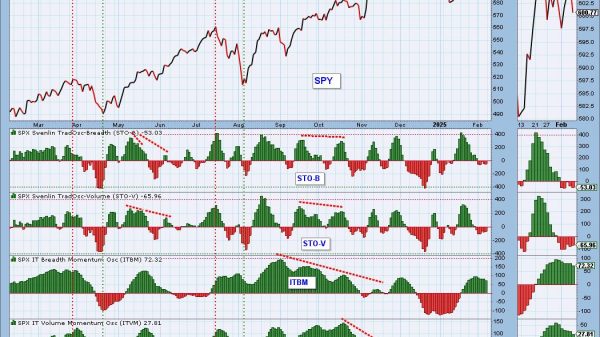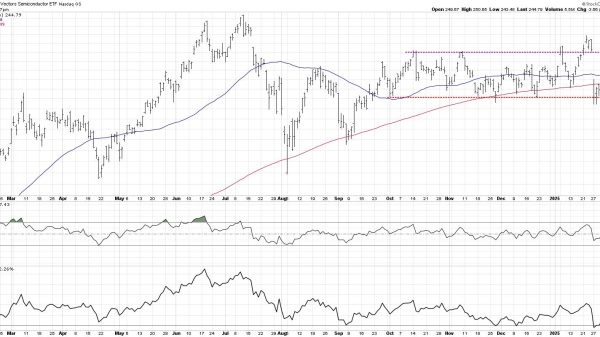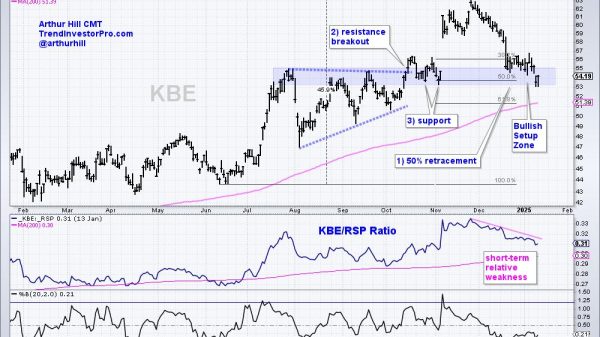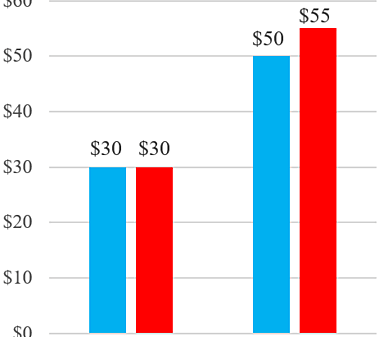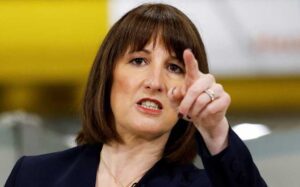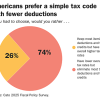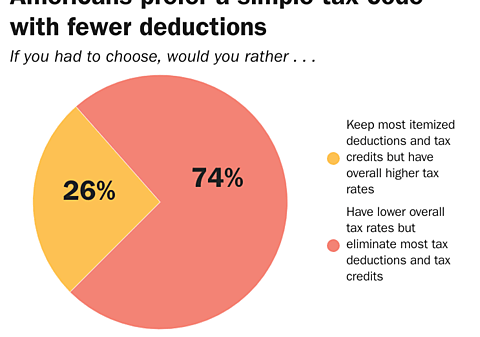
Rachel Reeves faces mounting pressure to either raise taxes or announce deeper spending cuts after official figures revealed that UK borrowing for the last financial year exceeded forecasts by nearly £15 billion.
The Office for National Statistics (ONS) reported that public sector borrowing in the 12 months to March reached £151.9 billion—£14.6 billion more than forecast by the Office for Budget Responsibility (OBR) just weeks ago and over £20 billion higher than the previous year’s figure.
The unexpectedly high borrowing comes as the British economy begins to feel the effects of Donald Trump’s escalating trade war, and as global borrowing costs surge. It presents a serious fiscal challenge for Reeves, who has committed to maintaining strict self-imposed fiscal rules while also navigating demands to raise defence spending and reverse years of public service cuts.
“Public borrowing was overshooting the OBR’s forecast even before the influence from the tariff chaos is felt,” said Ruth Gregory, deputy chief UK economist at Capital Economics. “This raises the chances that if the chancellor wishes to stick to her fiscal rules, more tax hikes in the autumn budget will be required.”
Just weeks ago, Reeves announced cuts to sickness and disability benefits and signalled reductions across departments to build a £9.9 billion buffer against breaching her fiscal targets. Critics warned at the time that this left little flexibility for a worsening economic outlook—a warning that now appears prescient.
Matt Swannell, chief economic adviser to the EY Item Club, said a “fiscal rethink” at the autumn budget now looks increasingly likely. “Even before recent tariff announcements, the spring statement felt like a stopgap. If the government is serious about increasing defence spending or supporting struggling departments, it will either have to raise taxes or bend the rules.”
The ONS said that despite a boost in tax income earlier in the year, borrowing in March alone reached £16.4 billion—driven by inflation-linked costs, including pay awards and benefit rises. The figure was slightly above City expectations of £16 billion.
The outlook has been darkened further by rising debt interest payments. Since Trump’s re-election, UK borrowing costs have climbed in response to global market volatility and investor concern over his trade policy. The IMF this week described his “liberation day” tariffs as a “major negative shock” to the global economy.
Reeves is due to meet international counterparts at the IMF’s spring meetings in Washington this week, as the government scrambles to offset the impact by pursuing a new UK-US trade deal.
Figures released Wednesday also showed that UK business activity contracted at its fastest pace since late 2022. The S&P Global composite PMI dropped to 48.2 in April, down from 51.5 in March—slipping below the 50 mark that separates growth from contraction.
Mel Stride, the shadow chancellor, described the borrowing figures as “alarming”, saying the government was “allowing debt to spiral out of control”.
Public sector net debt now stands at 95.8% of GDP—its highest sustained level since the 1960s.
The OBR acknowledged the substantial overshoot on its March forecast, attributing it primarily to lower tax receipts and higher borrowing by both local and central government. While the borrowing figure is still provisional and may be revised, it reinforces the fiscal headwinds facing Reeves and her Treasury team.
Darren Jones, chief secretary to the Treasury, said the government remained committed to the chancellor’s “non-negotiable” fiscal rules, adding that a detailed review of spending was under way. “We are laser-focused on making sure taxpayer money is delivering our plan for change—to put more money in people’s pockets, rebuild the NHS and strengthen our borders,” he said.
Read more:
UK borrowing overshoots forecast by £15bn, fuelling pressure on Reeves ahead of autumn budget






